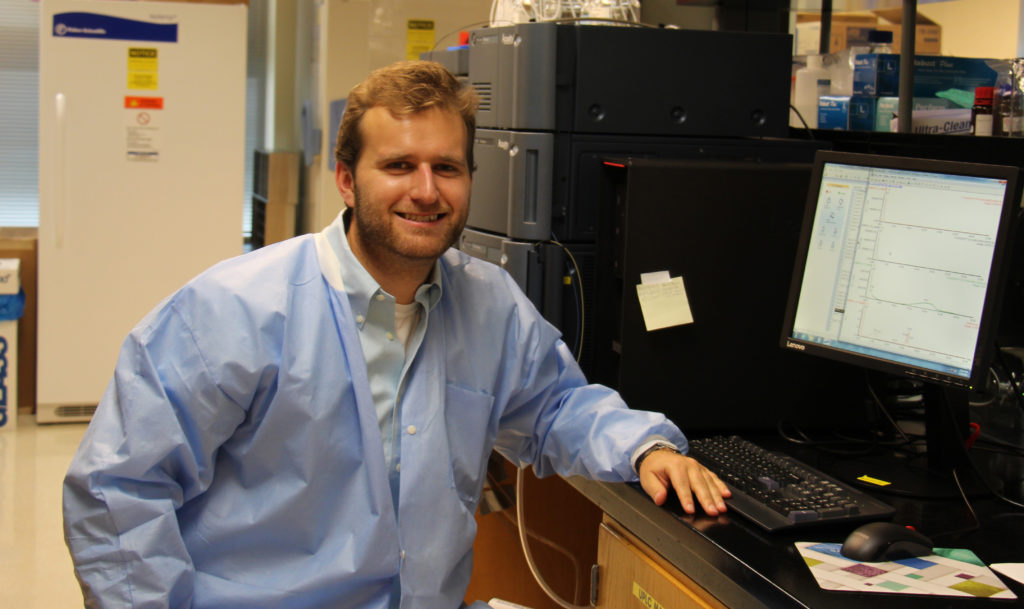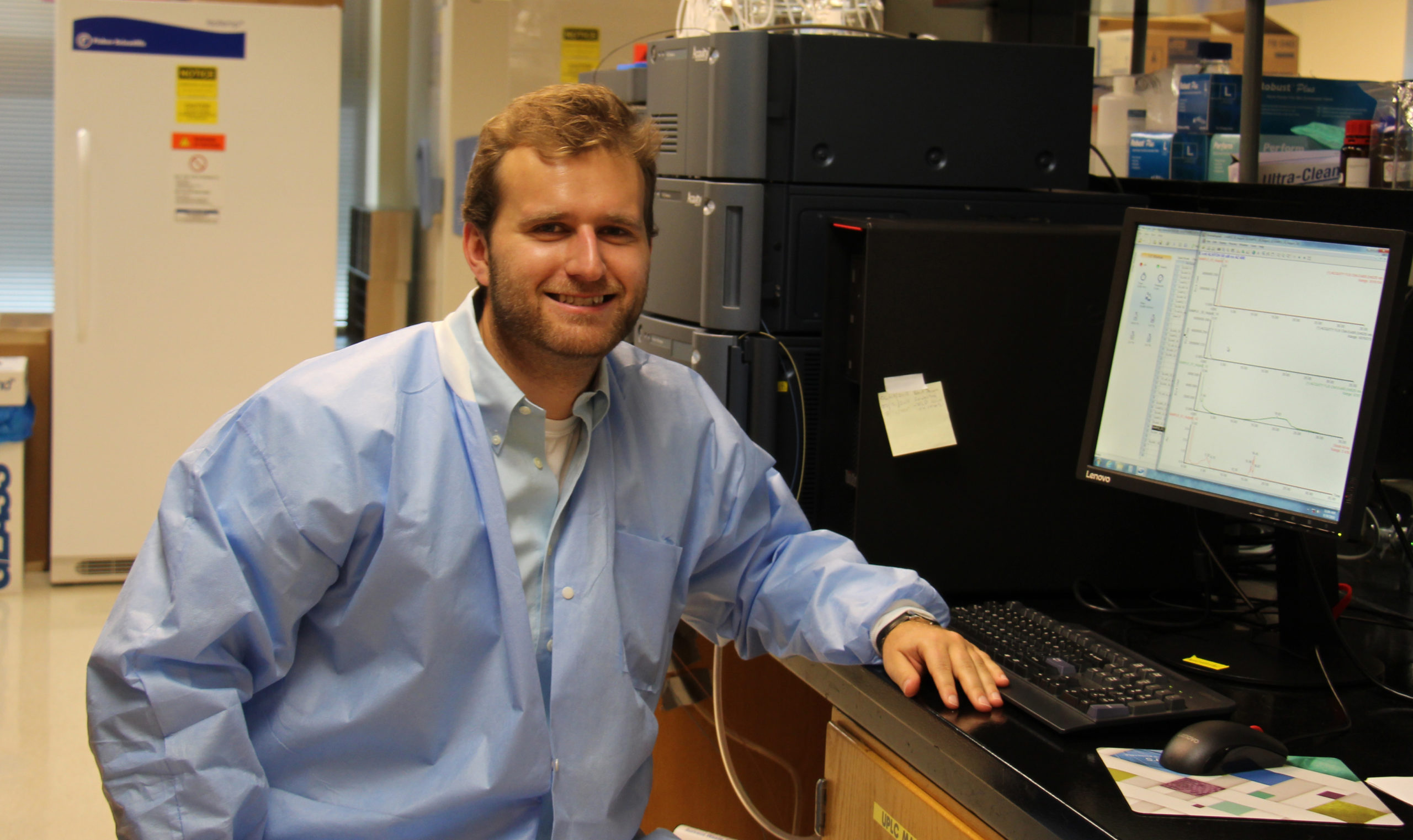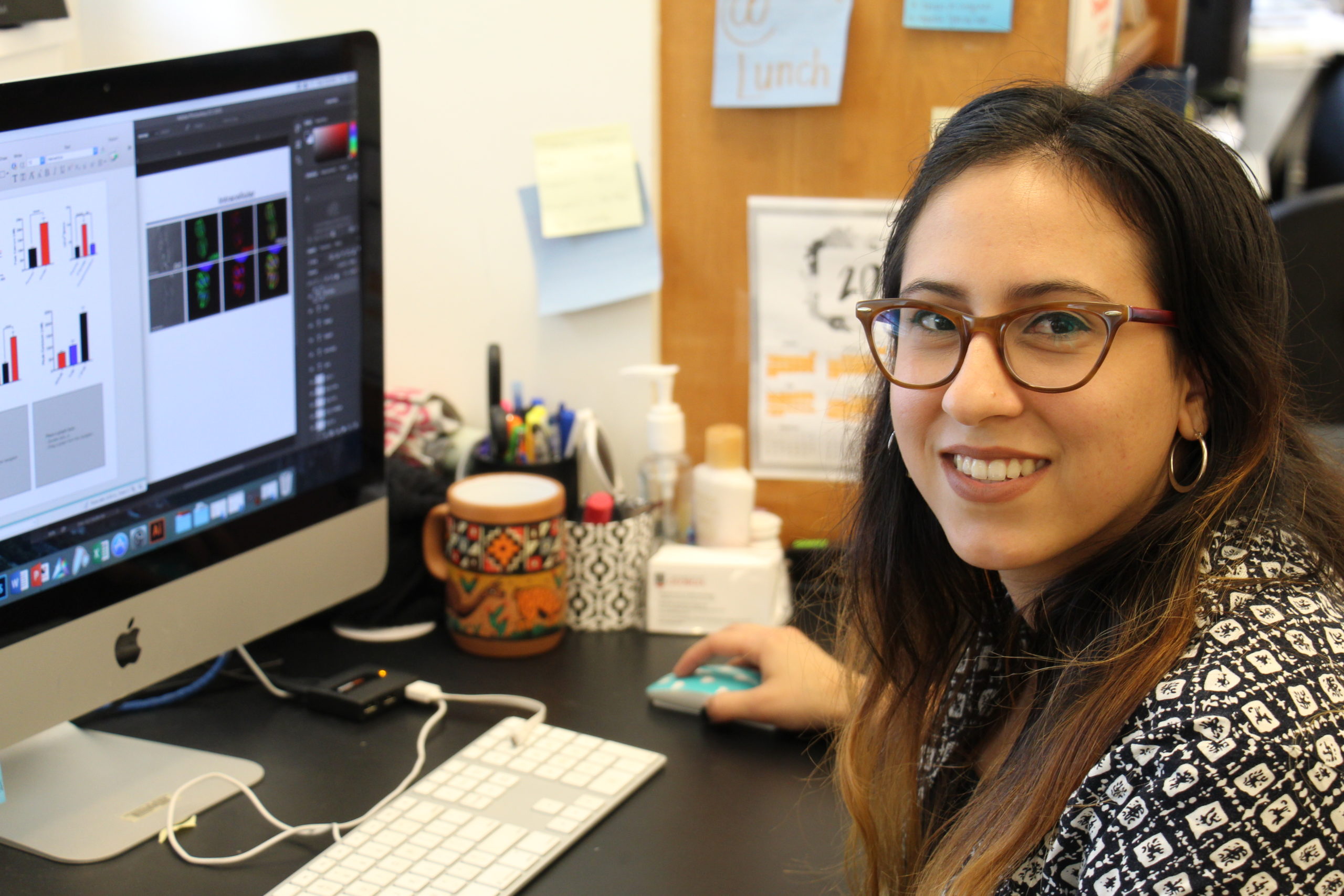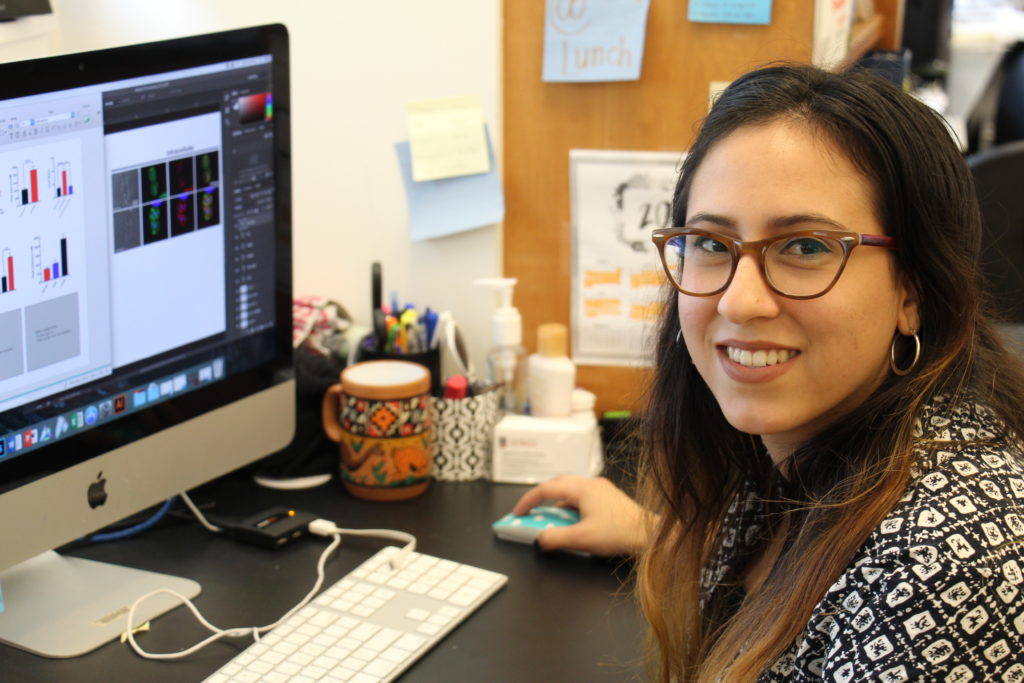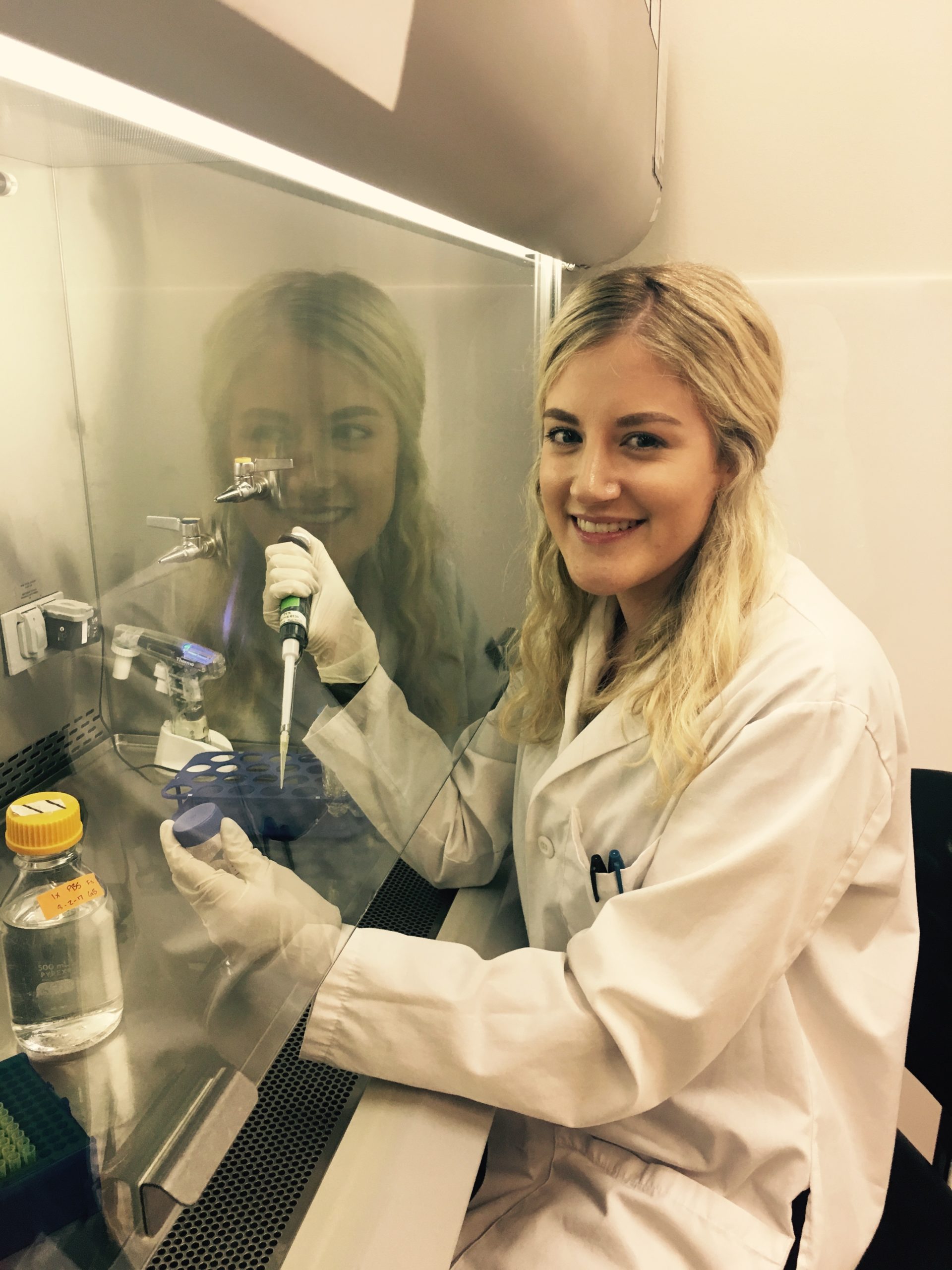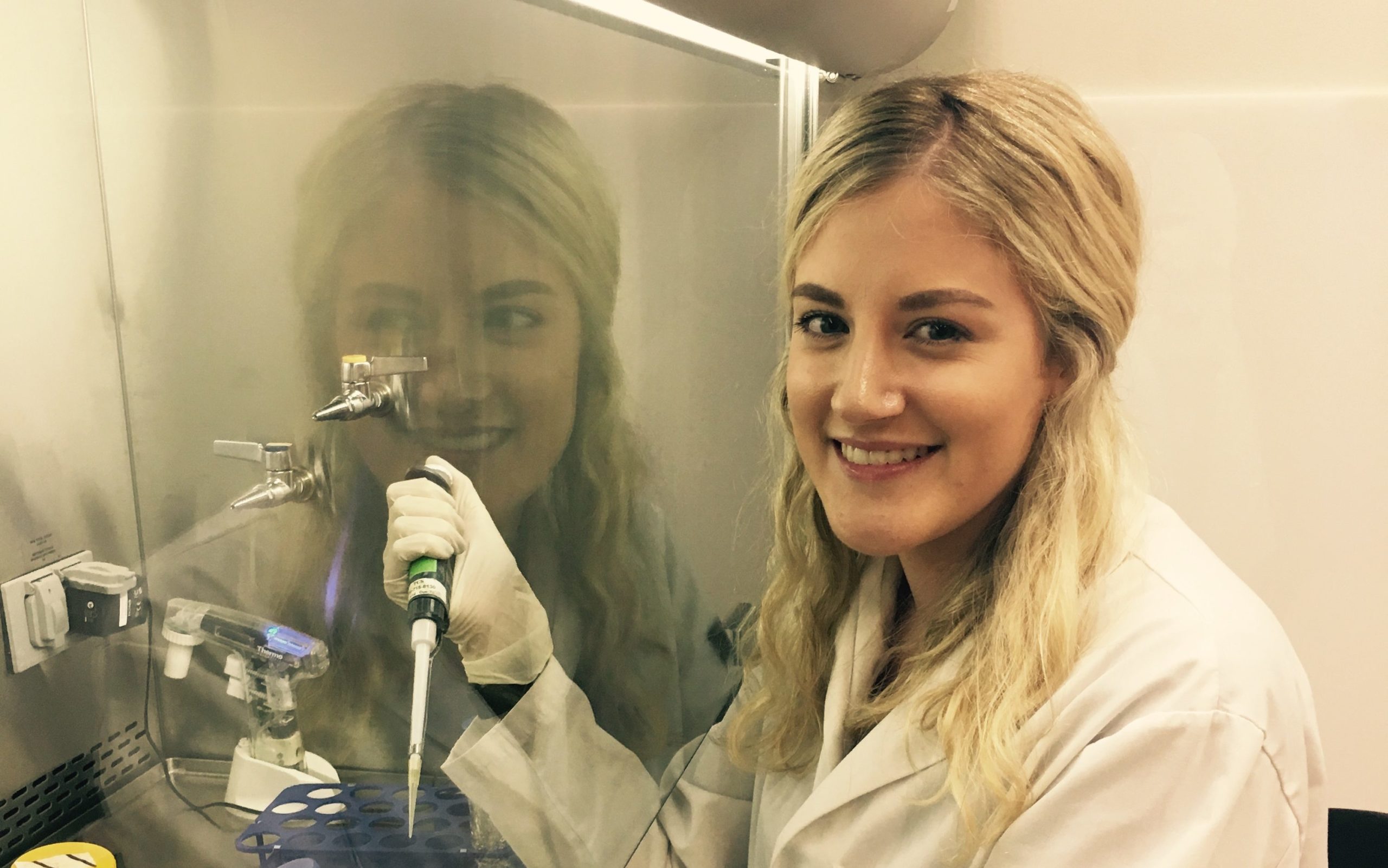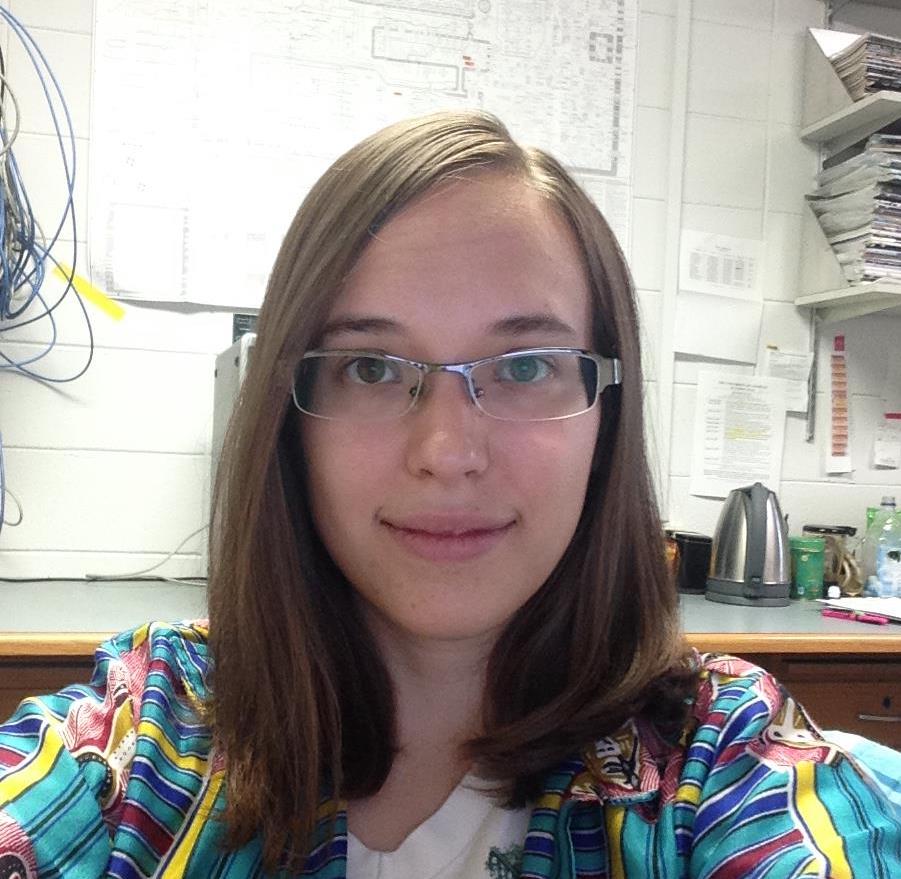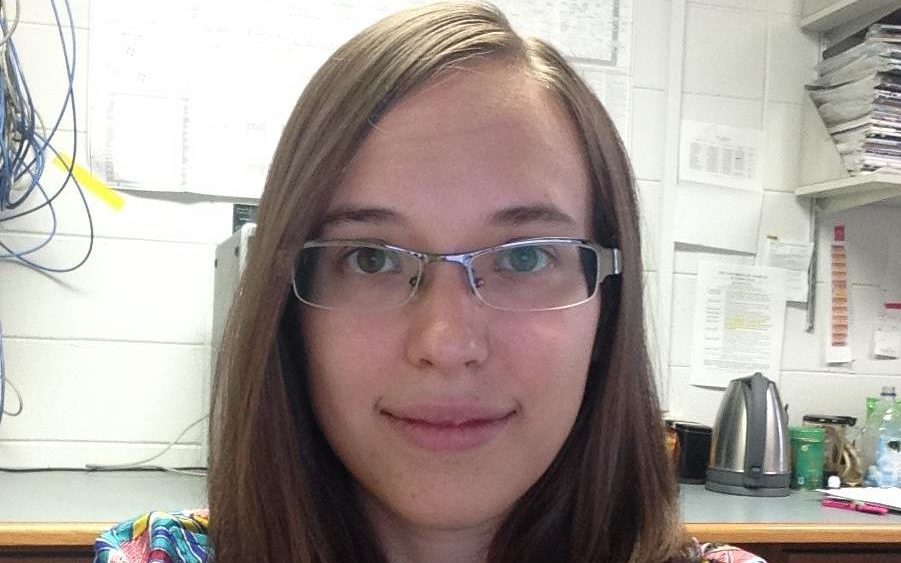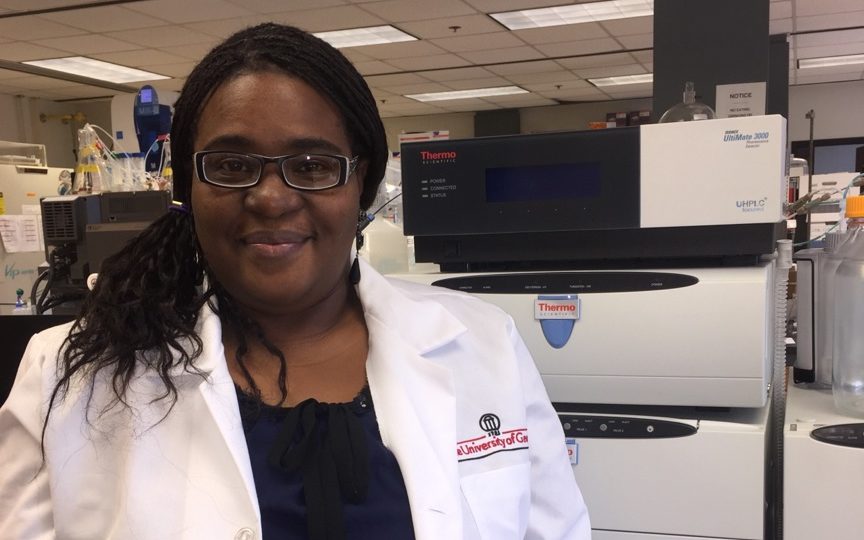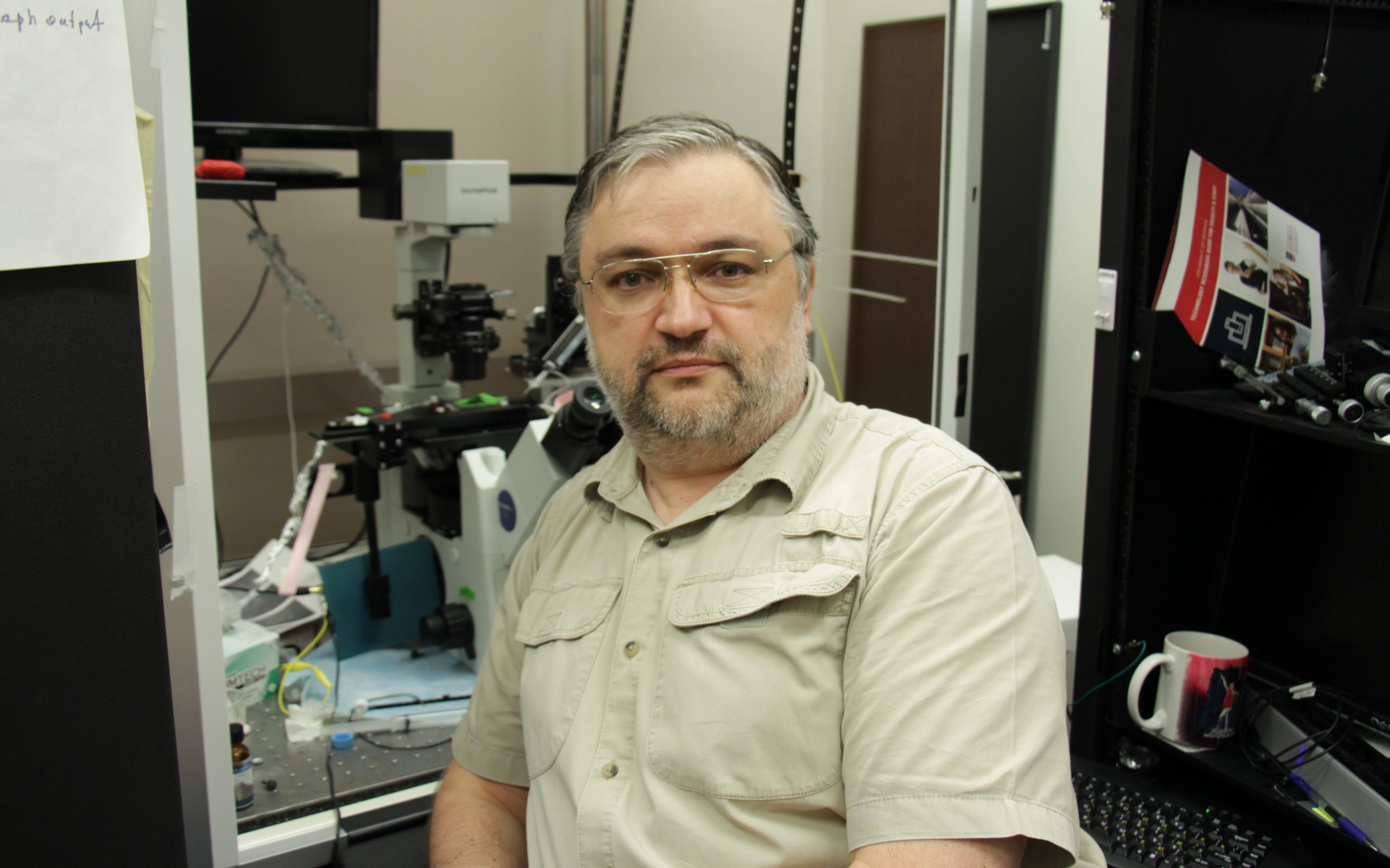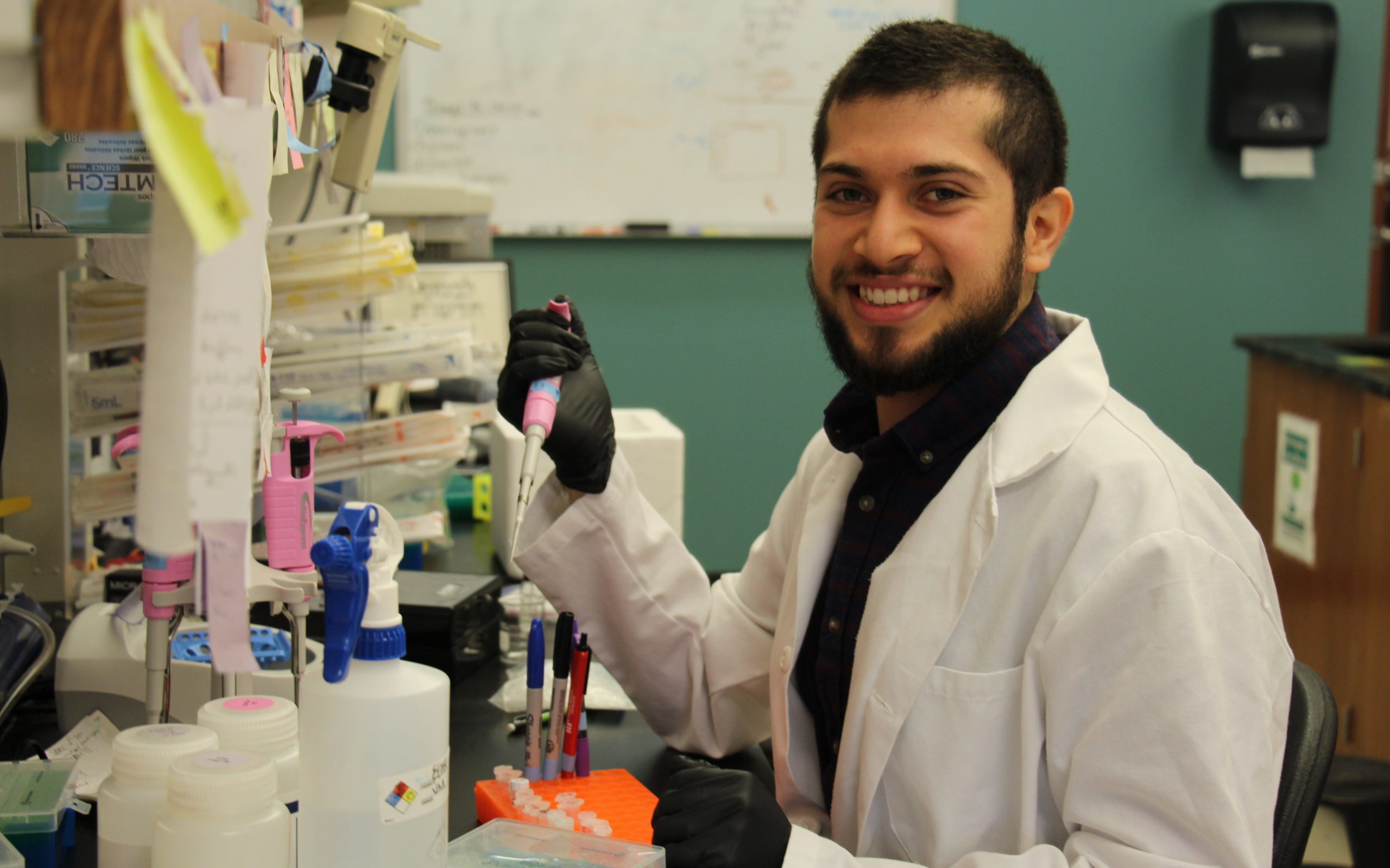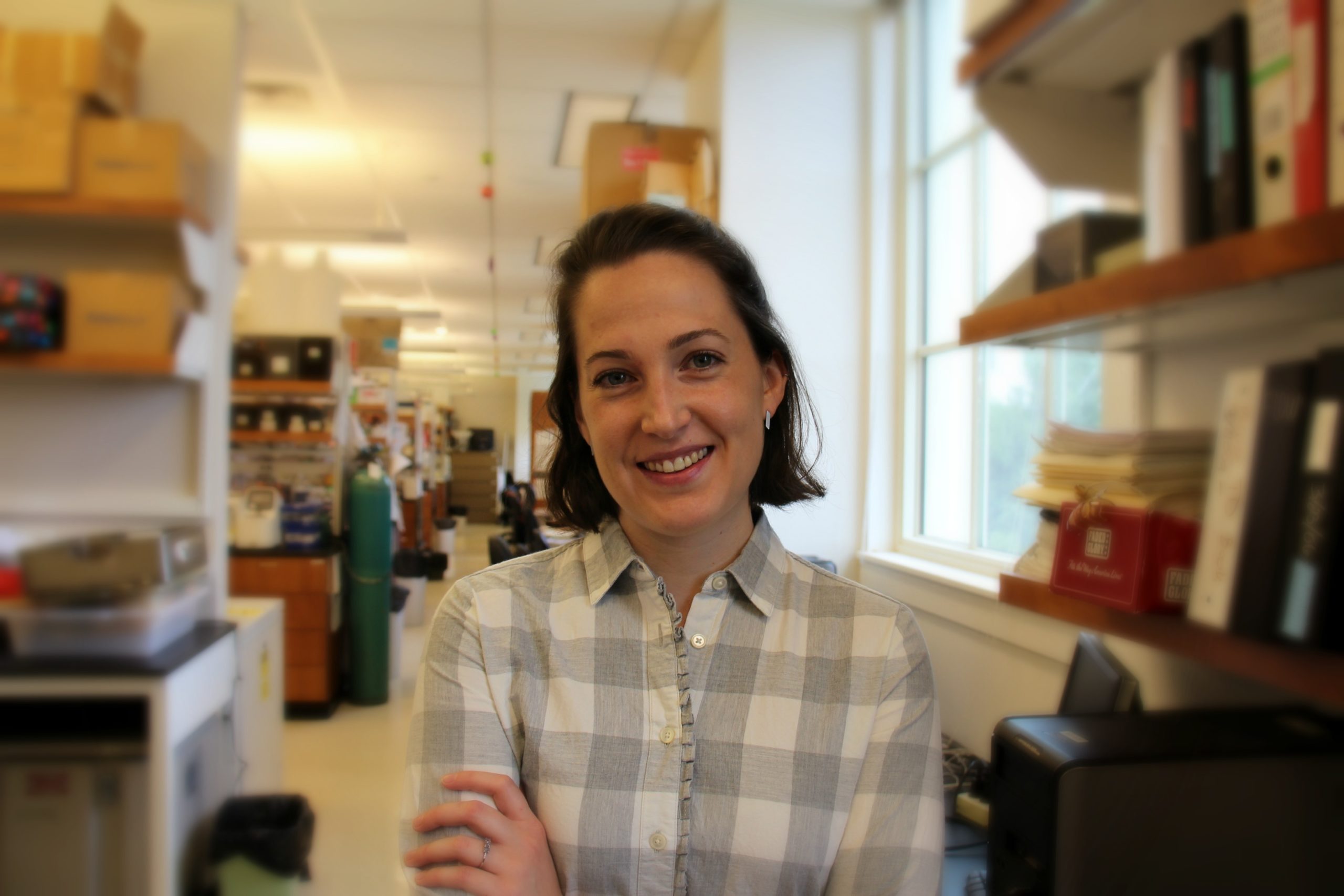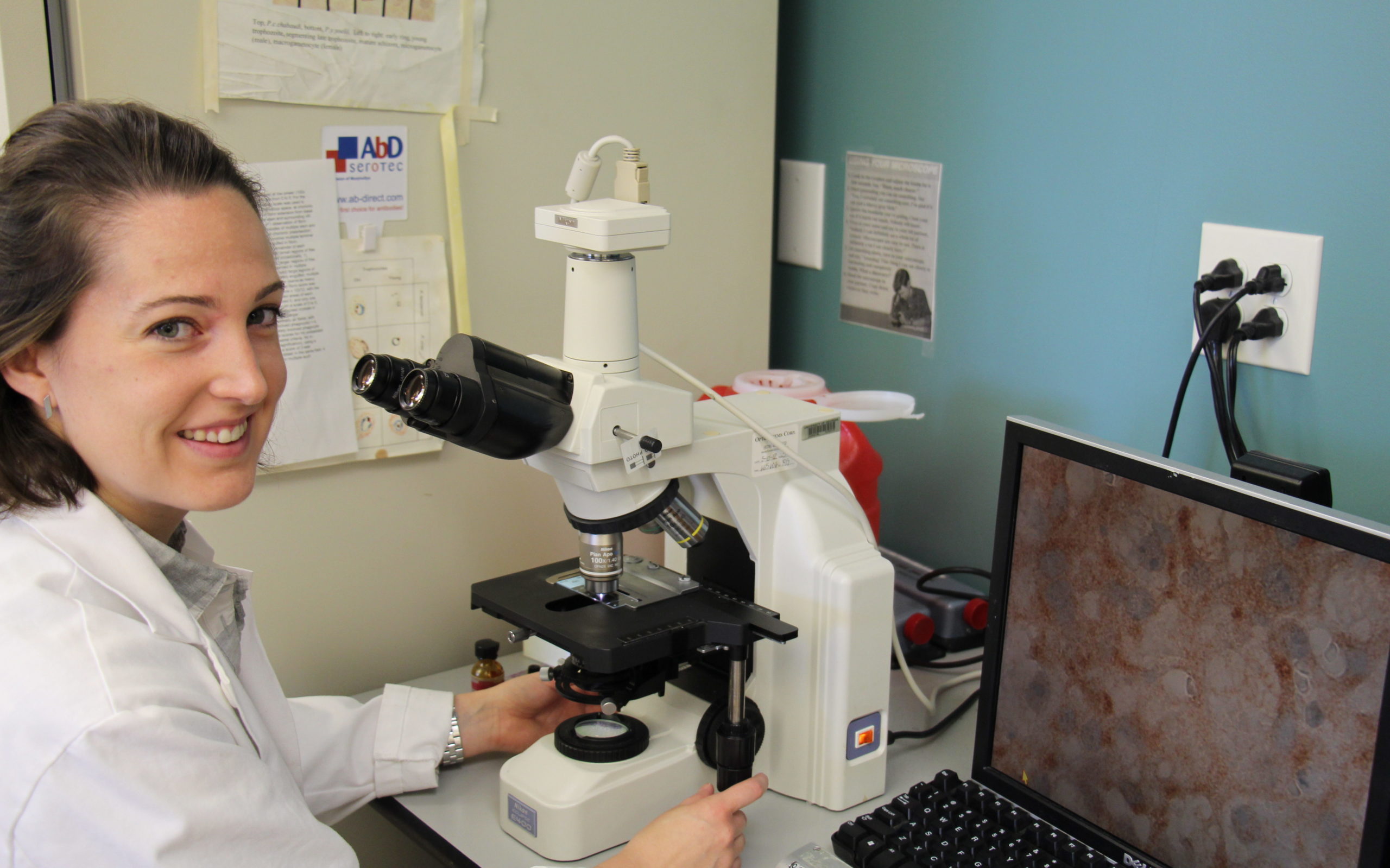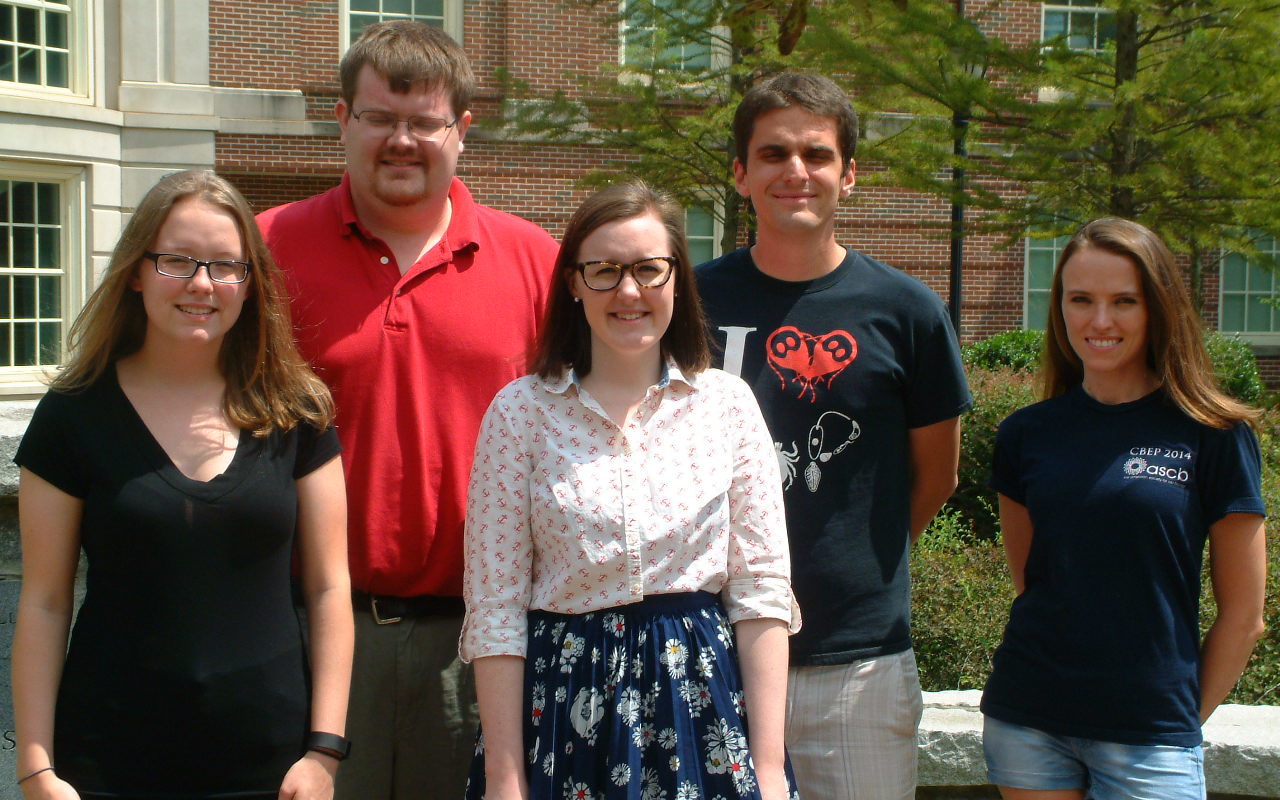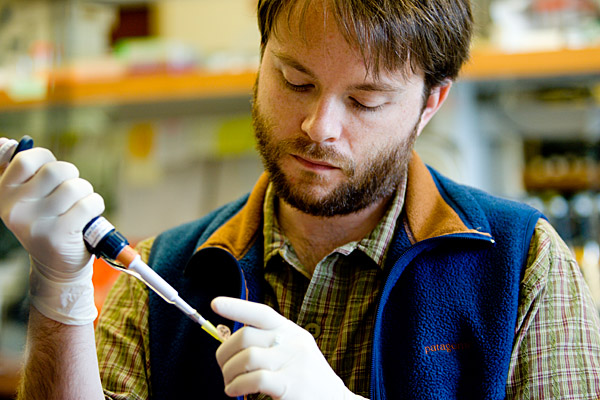CTEGD’s NIH T32 Training in Tropical and Emerging Global Diseases fellowships are awarded each year to outstanding graduate students and post-doctoral fellows. The training grant was recently renewed for another 5 years and included additional funding from UGA’s Office of the Vice President for Research (OVPR). Read more about it here.
The fellowships are open to any graduate student or post-doctoral fellow who is a U.S. citizen and associated with a CTEGD laboratory. Applications are accepted in March every year. View the guidelines for application submission as well as other funded research opportunities at CTEGD here.
This year, fellowships were awarded to 5 graduate students and 1 post-doctoral fellow to fund up to 2 years of research training and a capstone experience.
Phil Yao is a M.D./Ph.D. student working in Rick Tarleton‘s laboratory. He is currently working on a transmission-blocking vaccine for Trypansoma cruzi, the parasite that causes Chagas disease. Approximately 18 million people in Latin America are infected with this parasite. Chagas disease is the leading cause of death of young to middle age adults in endemic areas of South America. It is also the most common cause of congestive heart failure and sudden death in the world. There are currently no vaccines for the prevention of T. cruzi infection.
“I choose to focus on vaccine development because of its high impact on global health, specifically in areas with limited resources. I was drawn to neglected tropical disease research because they are often chronic diseases that lack effective treatment or prevention,” said Phil. He hopes to do a capstone experience in South America in conjunction with a Fogarty Public Health Fellowship. After graduation, Phil will pursue a career in academia with the goal of being a professor at a medical institution.
Heather Bishop is a Ph.D. student in Vasant Muralidharan‘s laboratory. She is currently studying the role of ER chaperones in the asexual and sexual development of the human malaria parasite, P. falciparum. She is passionate about contributing to the overall understanding of neglected tropical diseases. Heather chose malaria specifically because it is a difficult organism to study and felt it would really challenge her intellectually and thus make her an overall better scientist. “For my capstone experience I hope to work in a malaria endemic area, Africa or South America, to get a greater understanding of the burden this infectious disease, and others, place on the world,” said Heather.
Heather’s career goal is to be a staff scientist at the Centers for Disease Control and Prevention (CDC) or a tenure-track position at a research university.
Whitney Bullard, a Ph.D. student in Robert Sabatini‘s laboratory, studies trypanosomatids, including the human pathogens Trypanosoma brucei, Trypanosoma cruzi, and Leishmania, which possess a unique DNA modification within their genomes known as base J. Base J (ß-D-glucopyranosyloxymethyluracil) is a hyper-modified thymine residue that accounts for about 1% of thymines in the nuclear genome of these organisms. Base J represents a novel chromatin mark involved in regulating Pol II transcription and gene expression. Base J is synthesized in a two-step process in which particular thymidines are hydroxylated to form hydroxymethyluracil. This intermediate is then glucosylated by a glucosyltransferase to form base J. My project is specifically focused on the glucosyltransferase that catalyzes the second step of base J synthesis. This enzyme has only recently been identified and my project has been aimed at confirming its identity as the glucosyltransferase involved in base J synthesis, characterizing the enzyme, and determining how this enzyme makes base J throughout the trypanosomatid genome.
“Parasites are a very interesting group of organisms,” said Whitney. “They have evolved unique mechanisms to survive within different host and vector organisms and they have molecular mechanisms that are quite different from other eukaryotic organisms, which makes them a little bit weird and fascinating. It is interesting to me just how different they can be from other organisms and how they use unique molecular mechanisms to establish themselves within a host and cause disease.”
Whitney plans on doing her capstone experience in a Chagas endemic region where she will collect field isolates of T. cruzi to determine the amount and distraction of base J throughout their genomes. Whitney’s career goal is to continue working at the bench as a research scientist investigating the molecular mechanisms of host-parasite interactions.
Tony Szempruch is a Ph.D. student in Steve Hajduk‘s laboratory where he focuses on the molecular biology of Trypanosoma brucei, the causative agent of human African sleeping sickness. He is investigating mitochondrial RNA biology, mechanisms of protein diversity and how these parasites alter host cells resulting in disease pathology. “I have been interested in RNA biology since I was an undergraduate and many eukaryotic pathogens employ novel RNA processes for survival,” said Tony.
He would like to use his capstone experience to participate in field site collection and analysis of T. brucei isolates to work on more accurate and rapid methods of parasite detection.
“My immediate career goals are to apply my interest in RNA biology into postdoctoral research on other unique parasite RNA processes. Ultimately, by combining my passion for RNA and interest in eukaryotic parasites, I hope to lead my own laboratory at a university or comparable institute.”
A. J. Stasic, a Ph.D. student in Silvia Moreno‘s laboratory, focuses on the characterization of the Vacuolar H+-ATPase (V-H+-ATPase) and its role in the lytic cycle of the Toxoplasma gondii parasite. Our hypothesis is that the V-H+-ATPase functions in pH homeostasis of the cytosol of intracellular and extracellular parasites and is involved in the maturation of proteins relevant for invasion. We plan to test both hypotheses using a combination of biochemical and genetic approaches.
“I have always been fascinated with how pathogens are able to infect, hijack host resources, and, in extreme cases, kill their hosts,” said A. J. “My current research focus allows me to learn more about the T. gondii parasite while satisfying my interest in human pathogens.”
He is researching the V-H+-ATPase because this parasite is extremely prolific. “My research on how the V-H+-ATPase plays a role in the lytic cycle could lead to finding new methods to control the infection. My research already suggests that the V-H+-ATPase is an essential component of the lytic cycle and continued research could lead to new advances in our understanding of the lytic cycle of this important human parasite.”
A. J. is considering a coupled of different options for his capstone experience. “One option is to enroll in the Woods Hole Biology of Parasitism course next summer. However, I am also considering a short sabbatical to train in Anibal Vercesi’s laboratory in Brazil. In his laboratory, I would learn parasite bioenergetics which would facilitate my study of the role of the V-H+-ATPase in Toxoplasma.”
Studying Toxoplasma gondii has demonstrated to A. J. the need for continued research into basic parasite biology. Therefore after graduation he plans to seek a post-doctoral position to increase his understanding of parasitology and further instruct him in the basic operation and management of a successful laboratory. Ultimately, his career goal is a position in a government agency or academic institution that is directly involved with parasite biology research.
Mattie Pawlowic, a post-doctoral fellow in Boris Striepen‘s lab, studies Cryptosporidium, a eukaryotic pathogen that infects the gastrointestinal tract of many animals. People become infected when they drink water or eat food contaminated with C. parvum or C. hominis. Upon ingestion Cryptosporidium infect the small intestine and cause severe diarrhea, an especially serious problem for young children and immunocompromised adults. There is no vaccine and only one drug available to treat cryptosporidiosis. Also, providing safe drinking water is difficult because Cryptosporidium are resistant to common water treatment practices, namely chlorination. This is because when Cryptosporidium are in the environment they live inside a thick, protective shell, called the oocyst. The oocyst is made up of a complex combination of proteins, lipids, and sugars. The focus of her project is to describe the biochemical pathways utilized for oocyst synthesis, determine how different components contribute to environmental resiliency, and to pinpoint potential weak points in the oocyst structure.
“There is no system to continuously culture Cryptosporidium in the lab, making it very difficult to study this parasite,” explained Mattie. “Recently our lab has developed tools to genetically modify Cryptosporidium parasites and propagate the transgenic parasites in animals.” Now they are able to study how specific genes function in parasite-host interaction. This is groundbreaking because they can now manipulate genes (deleting, tagging, or insert foreign genes) and observe the consequences both in vivo and in vitro. “While these tools have been available for other parasites for many years, this is the first time we can do this for Cryptosporidium,” continued Mattie. “I chose to work with Cryptosporidium because of this exciting challenge to both develop tools and uncover new aspects of parasite biology and biochemistry in a organism where little is known.”
For her capstone experience, Mattie plans to conduct research at one of their collaborator’s laboratories.
After she finishes her post-doctoral training. she wants to continue to study host-parasite interactions of Cryptosporidium in her own research laboratory.
